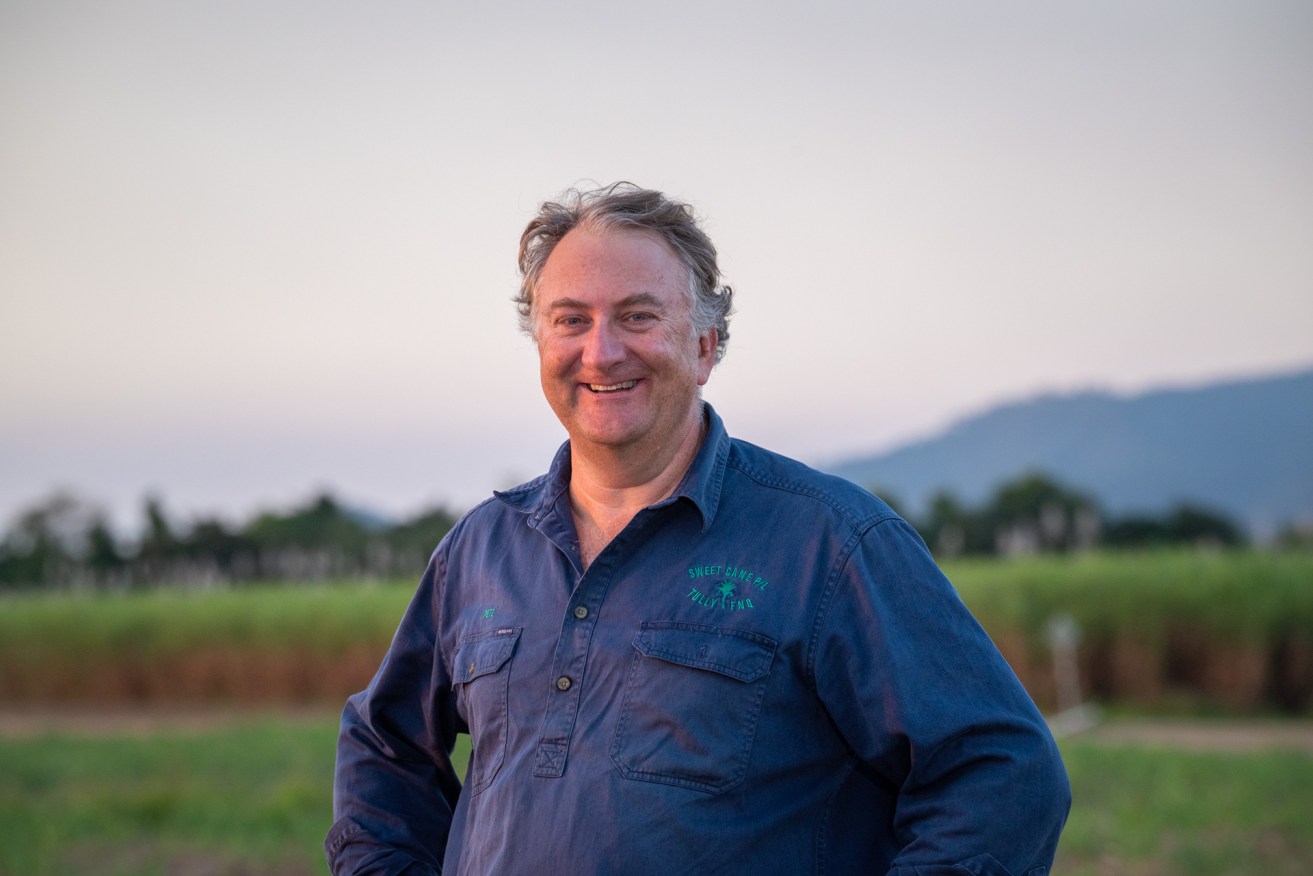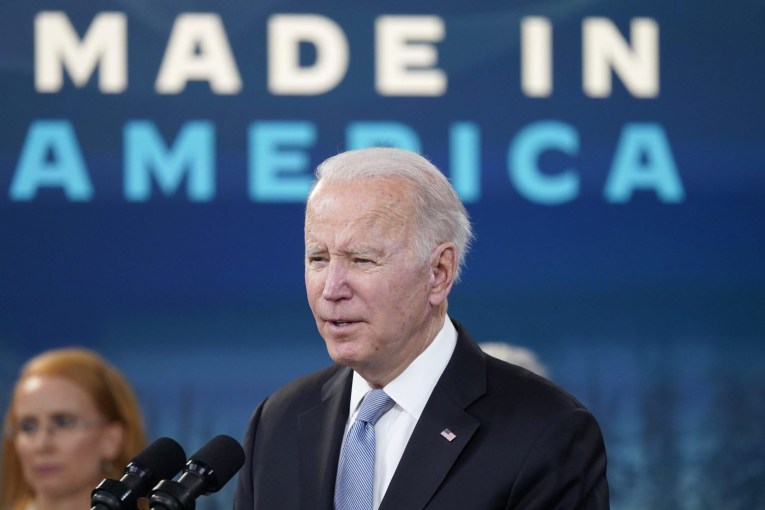Credit where it’s due: NQ scheme pays farmers for not damaging the reef
The waterways of north Queensland are rewarding farmers who reduce their fertiliser run-off with a new income stream.


Tully cane grower Peter Anderson.
Banker turned cane farmer, Peter Anderson, is among five sugar producers to have shared in payments for 18,000 reef credits courtesy of the Queensland Government.
As part of a deal announced 12 months ago, the Queensland Government and HSBC purchased $1 million in reef credits that will be paid to growers who reduce their fertiliser run-off.
The modelling for calculating nitrogen saved has been established by Green Collar, which operates as a type of ‘middleman’ or facilitator of the transaction.
One reef credit is equivalent to one kilogram of nitrogen, meaning 18 tonnes of the nutrient, essential for growing cane but a pollutant for the reef, has been stopped from leaching into waterways in the latest phase of the project.
Anderson’s aggregation of four farms is at Tully, 30 kilometres from the coast, with the local Murray River fronting one of his properties.
Since he and his wife Janey purchased the aggregation 15 years ago with family, Anderson has been following a strict industry best practice scheme to manage fertiliser rates and application.
“The focus has always been to get better yields with lower inputs, and the bulk of what we do and how we do it has remained unchanged,” he told InQueensland.
“The financial incentive from the reef credit scheme means now we have even greater motivation to be more precise.
“In that sense, this is not about eroding our productivity, it’s about attaching a price to being more productive with lower inputs and costs, which every farmer should be striving for anyway.”
While Anderson is still sifting through the data on how much nitrogen his farm has individually saved the reef, his finance background tells him he’s onto a winner.
“Put it this way, it’s money that I wouldn’t have had access to before so I see it as a simple win-win, in that I’ve lowered my input costs, helped the environment and been paid for my efforts,” he said.
“I’m very happy with the outcome.”
Reef credits are not only limited to sugar cane growers. Any primary producer in proximity to the reef would be eligible.
The reef credit scheme involving the five cane farmers was developed by a consortium consisting of GreenCollar, Terrain Natural Resource Management and NQ Dry Tropics supported by Queensland Government’s investment.
According to a statement from Environment Minister Meaghan Scanlon, the latest round of reef credits were purchased by Wet Tropics Major Integrated Project (MIP) which will help secure further credits from new projects coming online in the Johnstone and Tully catchments.
Green Collar worked in partnership with the farmers to generate and sell the reef credits.
Australia-wide, Green Collar is running 150 carbon-reduction projects on farms covering some five million hectares of country.
One of those projects is focusing on removing the use of plastic in banana plantations and rehabilitating gully erosion in the Burdekin to limit sediment run-off.
Green Collar’s Carole Sweatman manages the company’s water quality program, the first of its type in the world.
She says that while only 25,000 reef credits have been paid in the last 12 months, the coffers will swell once the world accelerates its efforts towards carbon neutrality by 2050.
HSBC estimates the investment required to meet water quality targets for the Great Barrier Reef at $4 billion, a drop in the ocean when compared to the reef sustaining 64,000 jobs in Queensland and contributing $6.4 billion annually to the economy.
Sweatman said it was only fair that farmers were financially rewarded for the efforts that would be needed to save the reef, classified by a UNESCO scientific committee as ‘in danger’ earlier this year, before lobbying from the Federal Government applied pressure to have the decision’s official listing paused.
UNESCO is due to re-visit its assessment of the reef’s condition in February next year.
“Most of the valuable things about our environment are largely in the hands of private landholders – our farmers and graziers,” Sweatman said.
“They do a lot of work managing land and waterways, but it’s not recognised in their business models.
“Being able to value and pay for those very important outcomes, such as cleaner air and cleaner water is something incredibly important to us.
“Recognising and valuing the important role of farmers and graziers is not only key to reaching longer term water quality targets, but provides long term income that helps pay for on-farm improvements, without compromising the productivity of their land.”









